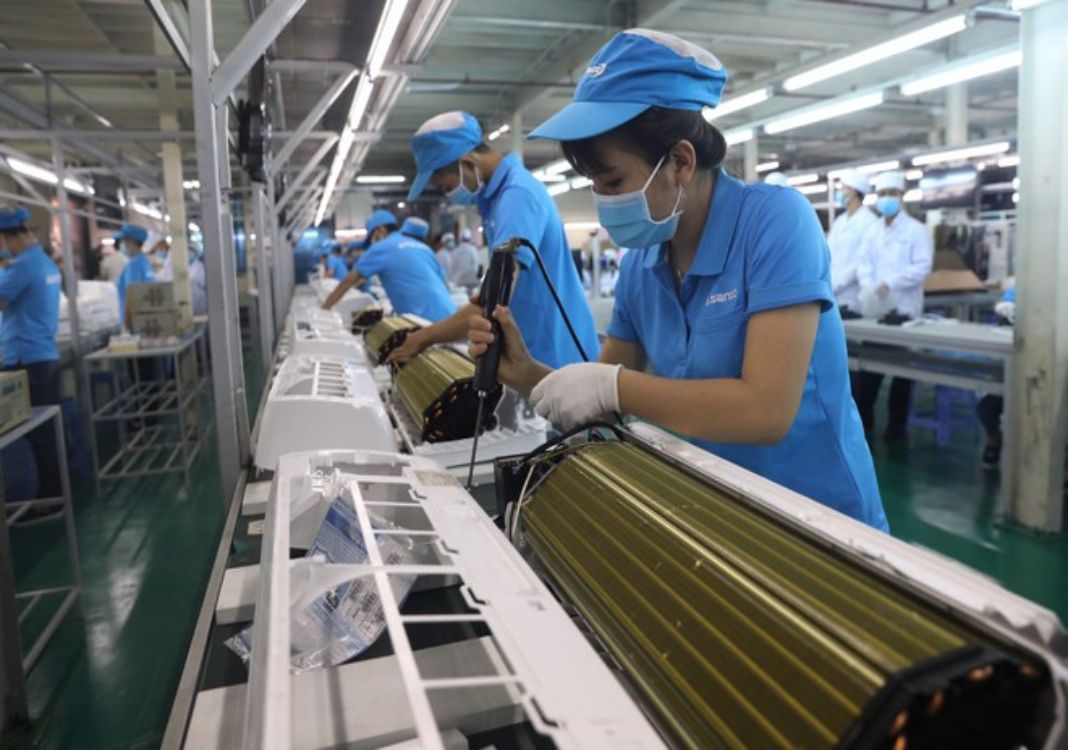HCMC – The Investigation Agency of the Ministry of Public Security (MPS) has concluded its probe into the Asanzo case, stating that there are no sufficient grounds to conclude that the company, which sold Asanzo-branded products in the Vietnamese market, cheated customers.
The investigators also said that there was no evidence proving that the electronics producer benefited from selling the Chinese products bearing Made-in-Vietnam labels, Thanh Nien Online reported.
There are no laws on the origin of assembled products or the identification of Made-in-Vietnam goods in Vietnam, according to the Investigation Agency.
As such, Asanzo’s act of assembling electronic products in Vietnam from accessories bought at home or abroad and using Made-in-Vietnam or Produced-in-Vietnam labels was not in breach of Vietnam’s prevailing regulations.
Even though Asanzo attached some products with Made-in-Vietnam labels and the slogan “Asanzo-the Advanced Japanese Technology” and “High-quality Vietnamese products” and Japan-based Sharp Corporation accused the local electronics company of using fake documents to prove its business cooperation with a Sharp subsidiary, MPS has yet to receive any letter of denunciation proving that Asanzo cheated its customers.
Apart from this, its outlets, dealerships and distributors said they patronized Asanzo products due to their quality and affordable prices rather than their label, according to the results of the investigation.
The Investigation Agency also proposed that the General Department of Vietnam Customs continue its post-customs clearance checks on Asanzo and other relevant companies. If signs of smuggling or dodging taxes are detected, Asanzo-related documents and papers must be transferred to the HCMC investigative police agency.
Earlier, following the prime minister’s directive, the MPS investigators had begun an investigation into Asanzo, whose chairman is Pham Van Tam, as the firm was suspected to be producing and trading fake products and cheating customers. Asanzo was discovered to be selling Chinese products bearing Made-in-Vietnam labels in June 2019.









